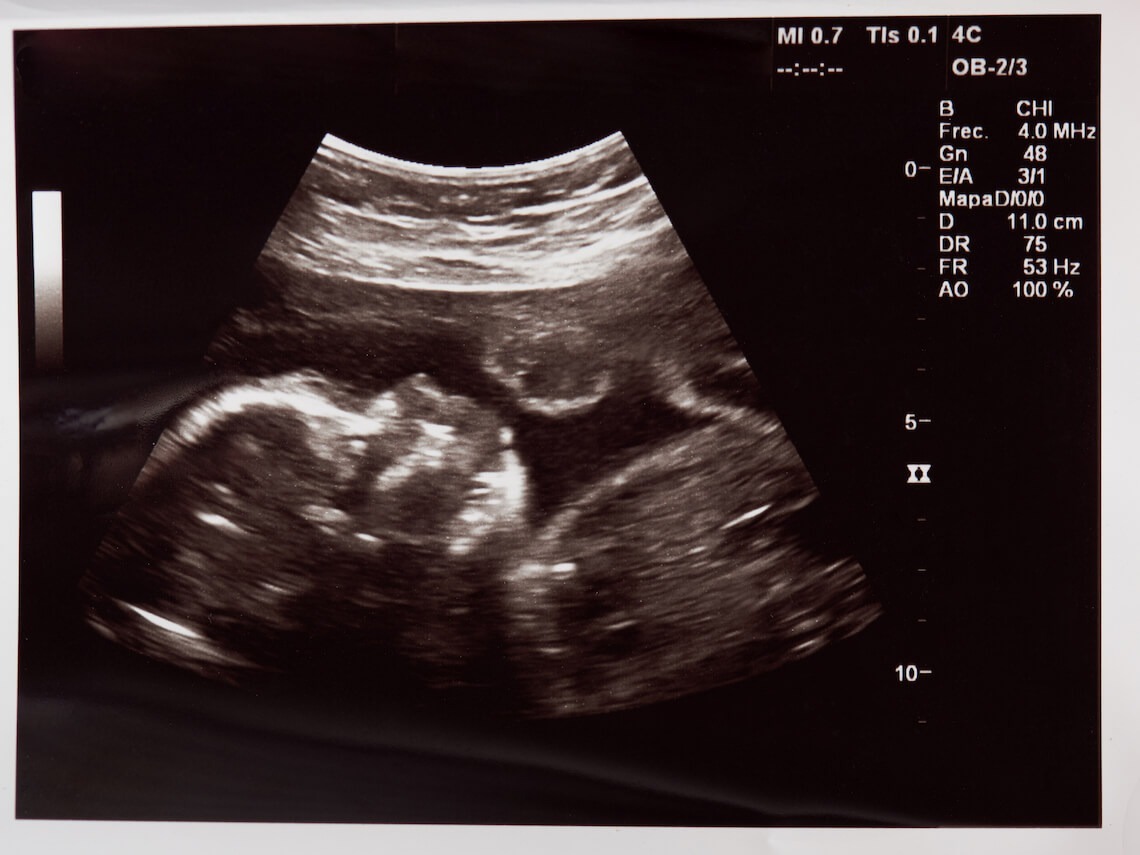To help you navigate this difficult topic, we have created an overview of birth defects in children and provided answers to some of the most common questions.
What are birth defects?
A birth defect is a condition that affects the structural changes present at birth that can affect almost any part or parts of the body. It develops in the fetus while the baby is still in the womb. There is a long list of birth defects that range from harmless to those affecting the baby’s appearance, organ development, cognitive abilities, and/or mental capabilities.
There are so many different types of birth defects, that one out of every 33 babies born in the United States is diagnosed with one.
Causes of Birth Defects
Because there are so many different types of birth defects, there isn’t a known cause for every single one of them. However, there are several factors that can influence a baby’s probability of developing one:
- Genetic disorders
- Infection of the mother during pregnancy
- Environmental factors
- Exposure to certain medications during pregnancy
- Exposure to drugs or alcohol during pregnancy
Most defects occur in the first 3 months of pregnancy but can occur at any stage during pregnancy.
Most Common Types of Birth Defects
There are thousands of birth defects, making it impossible to list all of them here.
A list of the most common birth defects includes:
1. Down Syndrome. This is the most common chromosomal abnormality in the United States and is more common in infants born to older mothers. There are three types of Down Syndrome: Trisomy 21, Mosaicism, and Translocation.
2. Heart defects. There are many types of heart defects, and the symptoms vary greatly from mild to serious. Many heart defects can be effectively treated using surgery or other techniques.
To learn more about congenital heart defects, you can read more about the subject in this blog dedicated to the topic: Congenital Heart Defects in Babies
3. Cleft Palate. This can range from mild to severe and the child may need a speech pathologist in order to be able to speak. Babies with a cleft palate are also more prone to developing ear infections. Orofacial clefts can be treated surgically.
4. Sickle Cell Disease. Also known as Sickle Cell Anemia. This occurs when red blood cells do not carry enough oxygen throughout the body. This is often passed from generation to generation.
5. Anencephaly. This type of birth defect prevents the child’s brain and cranium from fully developing. As a result, the baby is born without the portion of the brain that is responsible for thinking, seeing, hearing, touch, and movement. The cause of this is unknown.
6. Spina Bifida. Spina Bifida is a malformation of the bones in the spine when the vertebral column fails to close completely leaving the spinal cord partially exposed. It occurs very early in the pregnancy, often before the woman realizes she is pregnant, and often results in nerve damage, and paralysis of the baby’s legs.
Diagnosing Birth Defects
Many birth defects can be diagnosed before the baby is born, through prenatal tests. These are screenings that take into account the health of the mother and any possible conditions that may affect the baby.
Birth Defect Risk Factors
While some genetic disorders are impossible to prevent, there are plenty of lifestyle factors that are risk factors for a fetus, and increase the chance of developing a birth defect.
The most common risk factors for birth defects include:
- A family history of birth defects
- Inadequate prenatal care
- Drinking alcohol or smoking during pregnancy
- Using drugs during pregnancy
- Having uncontrolled diabetes
- Having a sexually transmitted disease
- Use of certain medications during pregnancy
- Being over age 35 during pregnancy
- Exposure to certain chemicals
Prevention of Birth Defects
If you’re planning on getting pregnant (or are already pregnant), there are several things you can do to reduce the likelihood of your baby developing a birth defect:
- Take folic acid supplements (400 mcg daily)
- Take prenatal vitamins
- Avoid consuming alcohol, drugs, and tobacco
- Always consult with your doctor before continuing to take certain medications
- Maintain a healthy weight
- Get prenatal care
- If you have diabetes, get it under control
- If you have a sexually transmitted disease, get regular treatment for it
- Obtain genetic counseling and prenatal screenings, particularly if you have a family history of birth defects or are over 35.
Contact Care Options for Kids for Pediatric Home Care Services
If you need assistance in caring for a child with a birth defect, let us help you. At Care Options for Kids, we have an entire team of experienced caregivers to ensure the well-being of our patients.
If you are considering pediatric home health care services, contact the caring staff at Care Options for Kids. Call today (888) 592-5855.






